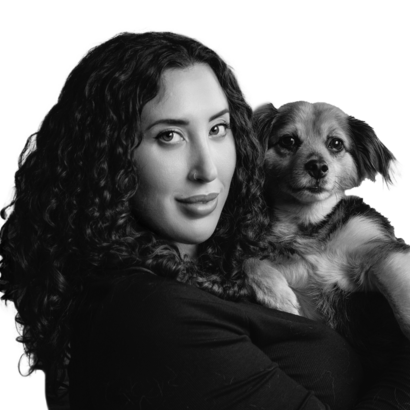When I was 18, I went to fat camp. By 22, I had entered rehab for anorexia. It’s like I spent my college years crafting my own E! True Hollywood Story, but more Ensure, less coke.
Now I’m in my 30s, and my relationship to my body is not quite healed, not quite sick. It hangs somewhere in the balance.




